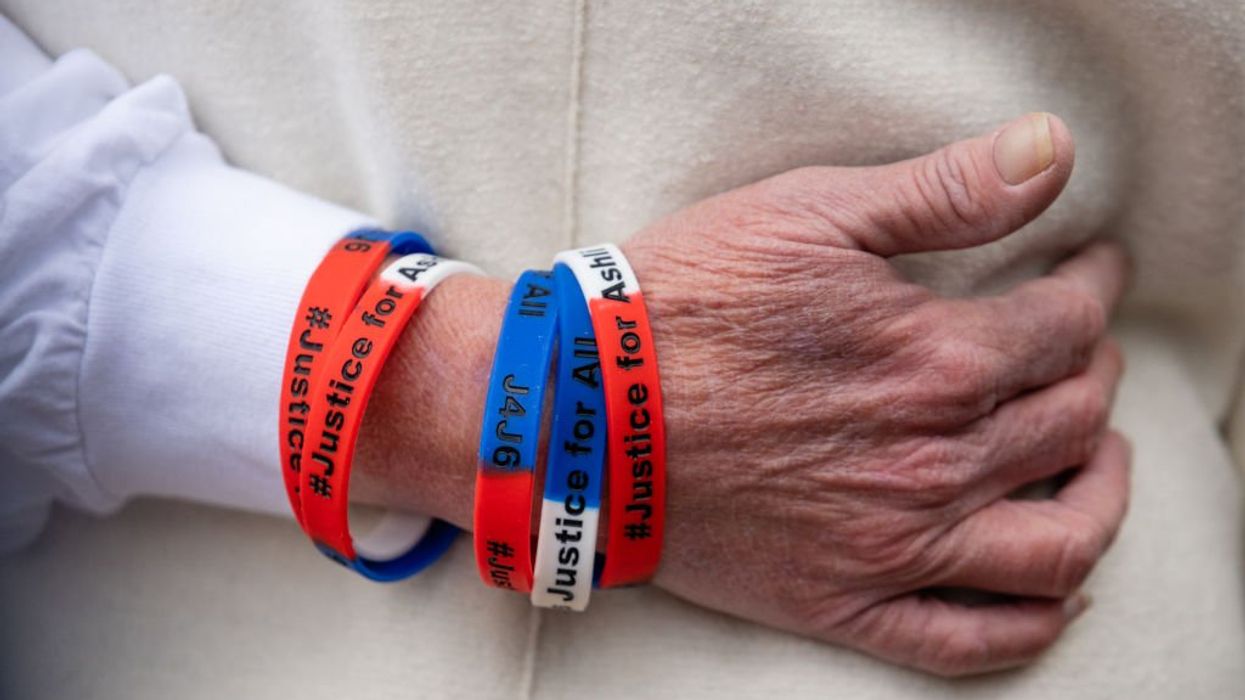The Justice Department on Monday released new guidance that prevents federal law enforcement officers from relying on religion and other factors alone as a basis for surveillance or other law enforcement activities, which could complicate efforts to track radical Muslim terrorists or threats posed by others from certain regions of the world.
The rules expand upon 2003 guidance that said federal officers cannot use race alone as a basis for action against people. The new guidance added ethnicity, gender, national origin, religion, sexual orientation and gender identity.
Attorney General Eric Holder announced earlier this month that new guidance would be coming, and said the guidance is a reaction to the events in Ferguson, Missouri. Holder has said his department is examining whether racial bias led to those events, and said the federal government also needs to be sure it's not using any profiling techniques as it enforces federal law.
"In conducting all activities other than routine or spontaneous law enforcement activities, federal law enforcement officers may consider race, ethnicity, gender, national origin, religion, sexual orientation, or gender identity only to the extent that there is trustworthy information, relevant to the locality or time frame, that links persons possessing a particular listed characteristic to an identified criminal incident, scheme, or organization, a threat to national or homeland security, a violation of Federal immigration law, or an authorized intelligence activity," the guidance said.
The guidance said profiling based on these sorts of personal characteristics is prohibited, and it rejected arguments that focusing on people with certain backgrounds or physical traits can be a law enforcement tool.
"Some have argued that overall discrepancies in certain crime rates among certain groups could justify using a listed characteristic as a factor in general traffic enforcement activities and would produce a greater number of arrests for non-traffic offenses (e.g., narcotics trafficking)," it said.
"We emphatically reject this view," it added. "Profiling by law enforcement based on a listed characteristic is morally wrong and inconsistent with our core values and principles of fairness and justice."
The guidance provided some theoretical examples of how federal officials cannot use religion or other factors alone, and can only these these factors in combination with other facts. For example, it said if an uncorroborated tip comes in that a person of a certain ethnicity is about to buy an illegal firearm, that tip can't be used unless combined with other evidence.
"Although agents surveilling the location are free to monitor the movements of whomever they choose, the agents are prohibited from using the tip information, without more, to target any males of that ethnicity in the bus terminal," it said. "The information is neither sufficiently reliable nor sufficiently specific."
In another example, it said a tip about a possible bomb threat that has no other information about the perpetrator cannot be used by officers to monitor certain populations based on the "stereotypical views about religion" by the officer.
It did say that if reliable information says a suspect has certain personal or physical traits, that information can be used. But even then, it set some limits.
For example, it said an effort to look for gang members known to be of a certain ethnicity can be used as a basis for monitoring people based on their ethnicity. But it said officers can't target everyone of that ethnicity, and must employ other factors, such as how they dress.
"Agents could properly decide to focus on persons dressed in a manner consistent with gang activity, but ignore persons dressed in that manner who do not appear to be members of that particular ethnicity," the guidance said.



